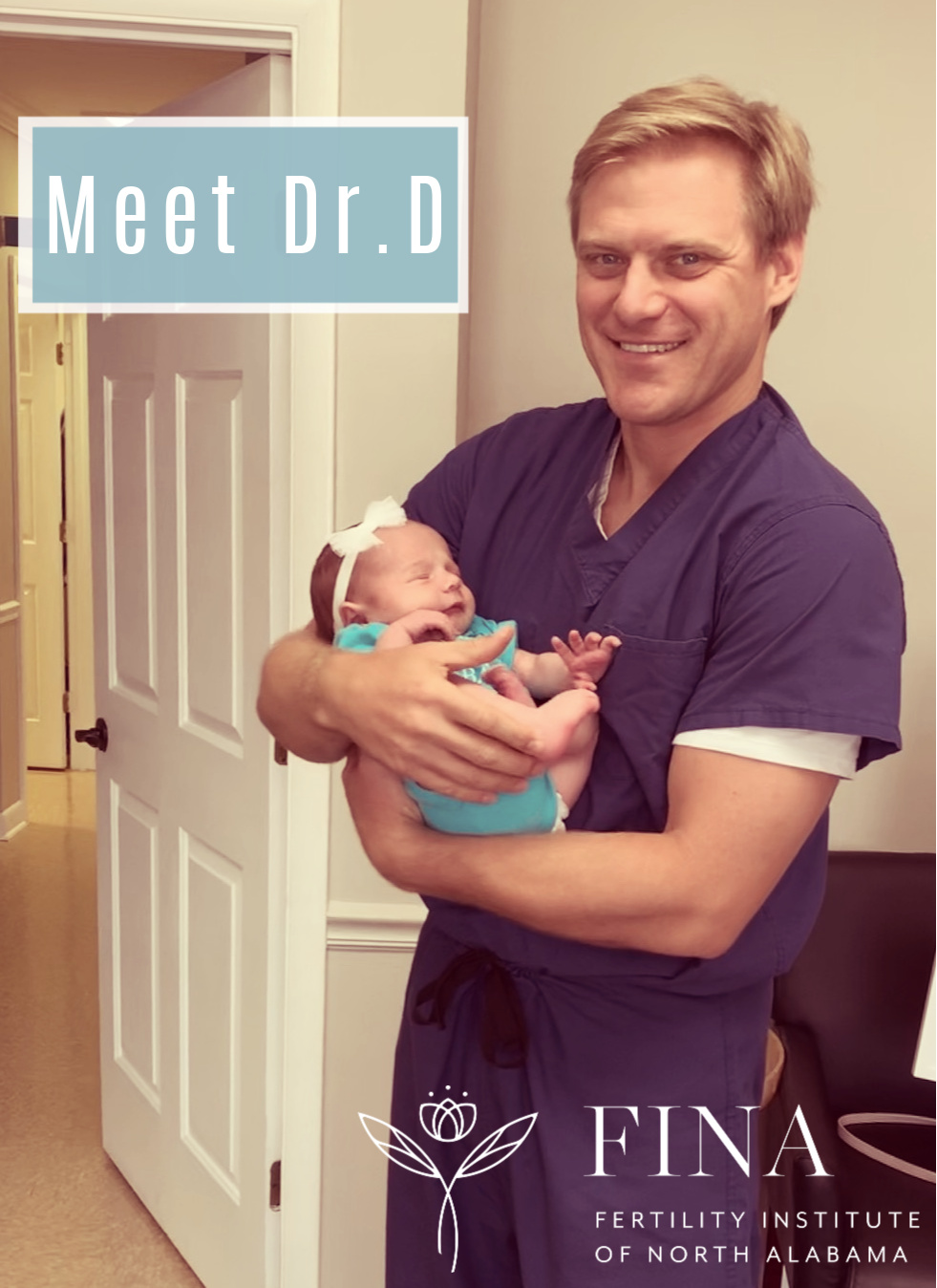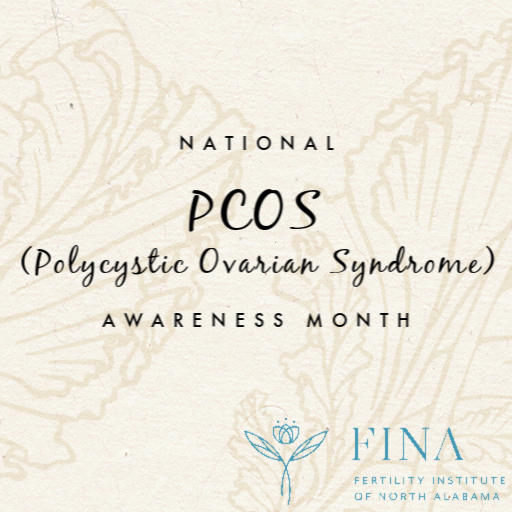It’s been quite awhile since we introduced you to our expert, so we thought we’d tell you a little about Dr. Davenport, or as we call him, Dr. D!?
Dr. D moved to Huntsville in 2014 with his wife Kelly and four children. A native of Memphis, Tennessee, he received his undergraduate degree from Samford University in Birmingham, Alabama, and attended medical school at the University of Tennessee Health Science Center in Memphis. He then successfully completed a residency in Obstetrics and Gynecology at the University of Tennessee, followed by a fellowship in Reproductive Endocrinology and Infertility at the University of Vermont in Burlington, Vermont.
Dr. Davenport is a skilled surgeon, excelling in robotic surgery, laparoscopic surgery, and hysteroscopic surgery. He is the only reproductive endocrinologist in North Alabama who performs robotic tubal reanastomosis, and also the only REI in the region to perform testicular sperm aspiration/extraction for vasectomized/obstructed males prior to in vitro fertilization (IVF).
He has been actively involved in clinical research and has also authored several publications. Dr. Davenport has a love for teaching and lecturing.?
But the most special thing about him?
He is passionate about providing excellent patient care and is committed to providing the most state-of-the-art solutions in all aspects of infertility and reproductive endocrinology.
Dr. D understands that infertility and hormonal imbalances are some of the most emotionally, spiritually, and mentally consuming issues that an individual or couple may face, and most patients appreciate his compassionate yet candid approach to problem solving.❤️
You’re one of a kind, Dr. D!
#meetDrD #FINA #HelpingFamiliesBuildFamilies



